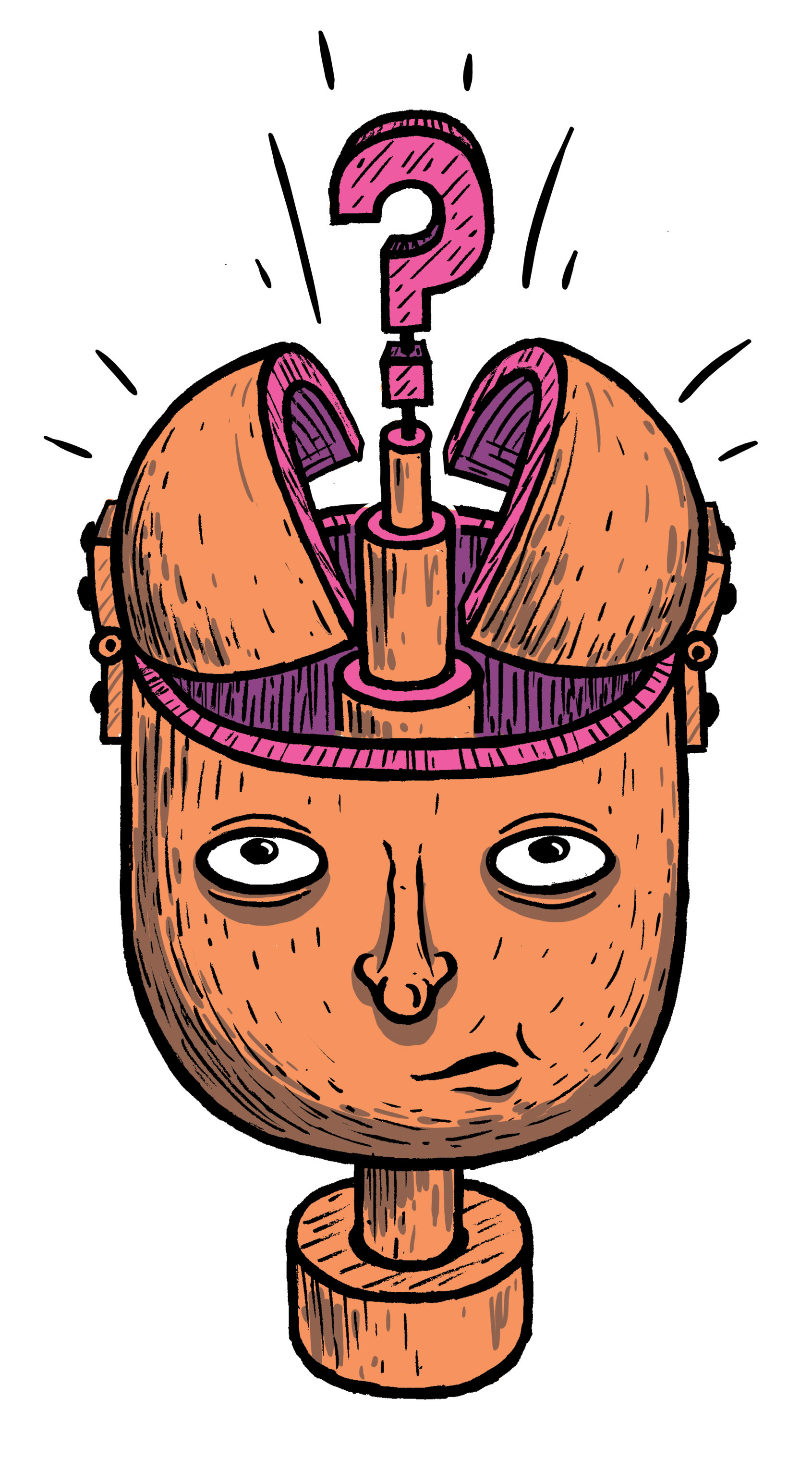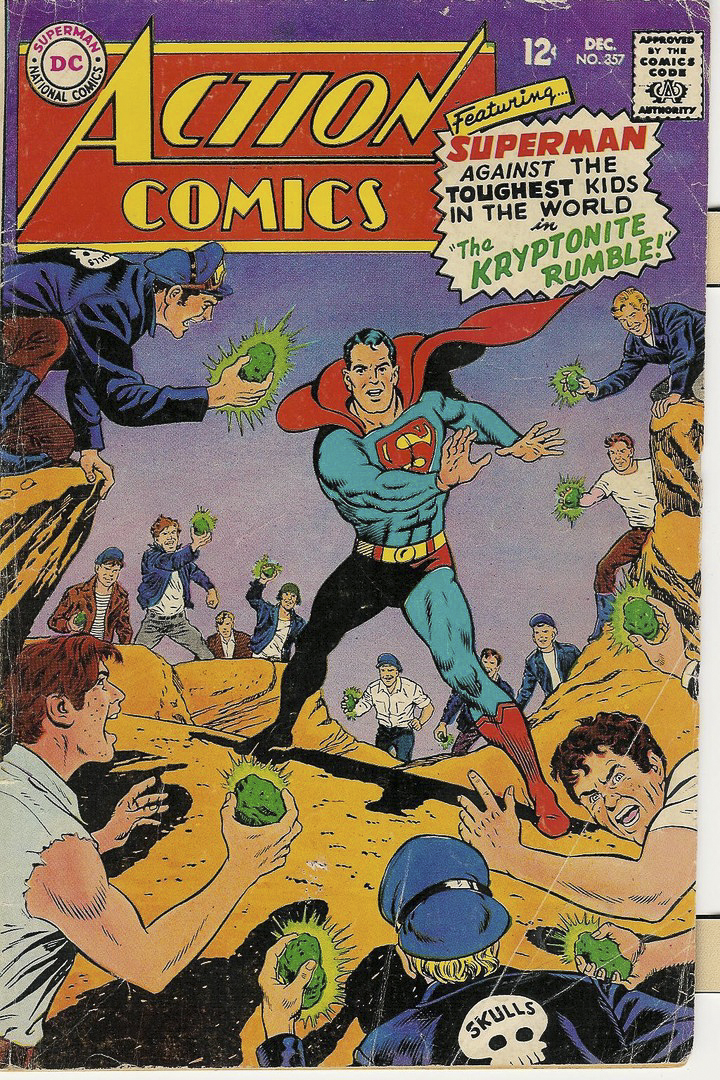This summer a friend of mine came out of the broom closet. That is to say, she announced to the world that she was Wiccan. Wicca, for those who are unfamiliar with the term, is an Earth-based religion, considered pagan because of the variety of gods and goddesses that can be worshipped within it.
Many Wiccans pick and choose deities from various mythologies around the globe to worship. Whichever gods “speak” to them become their pantheon. In this way a person could worship Anubis (Egyptian), Pan (Celtic), Aphrodite (Greek) and Odin (Norse) if these were the deities with which the worshipper felt a connection.
I try to know a little bit about various religions so as not to be completely ignorant if I find myself in a conversation about them, but I have to admit I was stumped as to which holidays Wiccans observe and how they are celebrated. So I did some research and thought I’d share what information I’ve found about the upcoming feast days.
For Wiccans, three of their eight major holidays roughly coincide with Thanksgiving, Halloween and Christmas.
Mabon is the celebration of the Autumn Equinox. It is known as the “Second Harvest” and herein Wiccans give thanks for food and the remaining sunlight. Similar to Thanksgiving, this holiday is about giving thanks for the bounty life has offered — family, friends, successes and surprises. Some of the holiday symbols include pinecones, apples, pomegranates and acorns. Some of the gods and goddesses associated with Mabon include Persephone, the Green Man and Thor.
Samhain (pronounced sow-en), more commonly known as Halloween or All Hallows’ Eve, is the night when ghouls and ghastlies travel through the barrier between worlds to haunt houses and cause mischief. The lore for this holiday is extensive so I won’t delve into it too deeply. While not many people truly believe in demons of the night, Samhain is considered to be a sacred time when the veil lifts between the spirit world and this one. The symbols for this holiday are well known: black cats, gourds, jack o’ lanterns and apples. No particular deities are associated with this date.
Finally there is Yule. Yule takes place on the Winter Solstice, celebrating the rebirth of the sun after the long winter. Traditions include lighting fire to a Yule log and staying up all night to watch it burn. Supposedly if the Yule log burns throughout the darkest night all of the rest of your year will be bright and happy. Similar to Christmas, Yule is a time to celebrate family. Symbols include holly, mistletoe and evergreen boughs. Deities of the holiday include Brighid, Isis, Apollo and Ra.
After reading into the various holidays and some of the ways Wiccans celebrate them I’m more curious about how my friend is planning to spend her holidays now that she’s, like I said, out of the broom closet.
I’m still learning about her chosen path, but I think no matter what sort of faith you follow, when you’re celebrating additional family traditions it can only enrich the holidays. I look forward to celebrating some of them with her.





Hi, I love you did this article, but you’re a little off on Yule. Its not the rebirth of the sun, but the birth of the Sun-child, which is the Promise of the return of the Sun. Slightly different. But otherwise a fairly good representation of the 3 holidays.
Cheers!
I also like the article and applaud both your efforts at learning about other religions, and helping to educate others about the various religions.
Something to keep in mind too about Wicca is that “Wicca” itself is like saying “Christian;” there are a lot of different paths that fall under the Wiccan umbrella, just as there a number of different denominations of Christianity that fall under the umbrella of “Christian.” Like their Christian counterparts, not all Wiccan paths view the symbolism of their holidays the same, nor do they all embrace the eclecticism in choosing a deity that you described in your article. Some groups, particularly reconstructionist groups that direct their efforts at recreating authentic historical Pagan religious practices from the culture they are interested in would find it highly undesirable and inappropriate to worship Isis and Brighid in the same ceremony. This may also be true of other types of specific Wiccan traditions. (Nitpicky side note-Pan is a Greek God. He’s the son of Hermes and a nymph. I think you are thinking of Cernunnos or Herne who is similar in appearance to Pan, and specific to some of the Celtic tribes of Western Europe.)
That being said, I think you did a really good job trying to authentically represent Wicca in a respectful, concise, and succinct manner. It’s hard to give a fully accurate representation of a religion with so much variation in it in a short essay, particularly when it is not your own religion or something that you have studied in depth. Thank you for making the effort 🙂
Great article but Pan is actually not a Celtic deity, he’s Greek. 😉
Good on you, broadening your horizons. A note on Samhain – for many folks, this is a time to honor the ancestors, and specifically to remember honored loved ones. Some people, as part of their Samhain festivities, may set an extra place at the dinner table that night for their departed loved ones and ancestors, or may leave offerings out for them. A few others I know make it a point to share stories and fond remembrances of the departed on that evening.
I’m glad you are trying to familarize yourself with different religions. A point of fact…Wicca is one of many religions under the umbrella of Pagan. (Wicca in not the umbrella term) The eight major holidays, or Sabbats, are celebrated by most (not all) Pagans.
Thank you, Thank you. A truly wonderful article. You certainly did more than just scratch the surface of research. It’s nice to see this type article rather than the other type.
Tell your friend welcome “Out of the Broom Closet”!! It’s a wonderful place to be!!
very informative article! I am a “rookie” in the paganwiccan religion and i’m so sucked into it! I want to keep reading and learning!